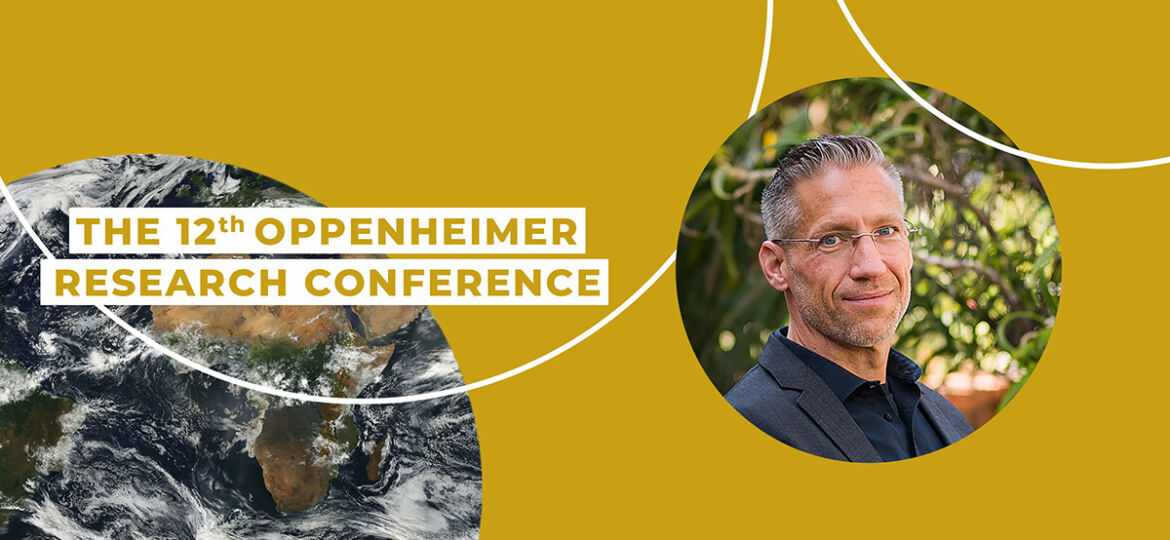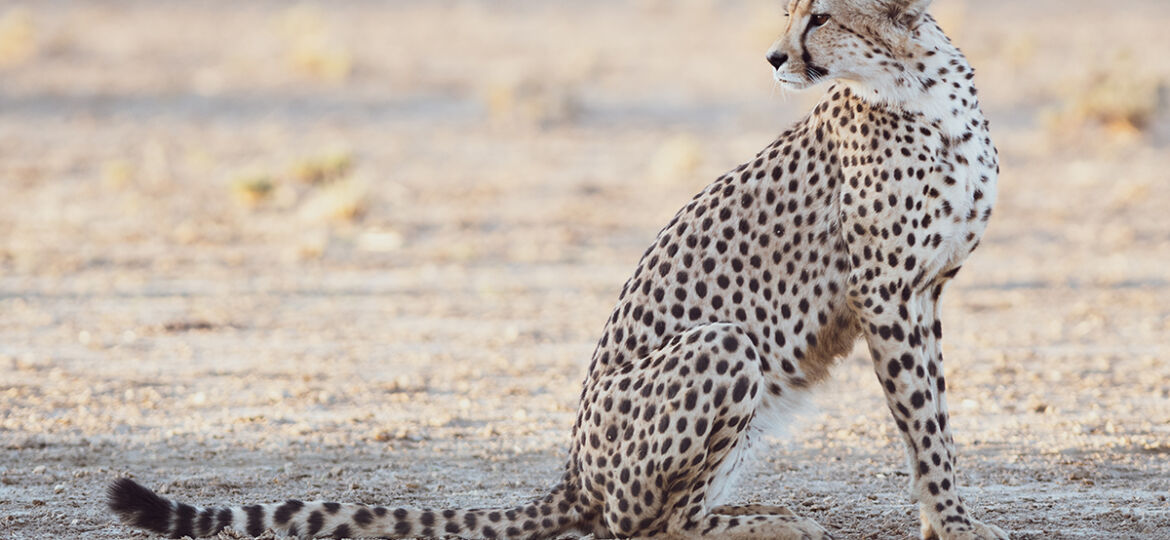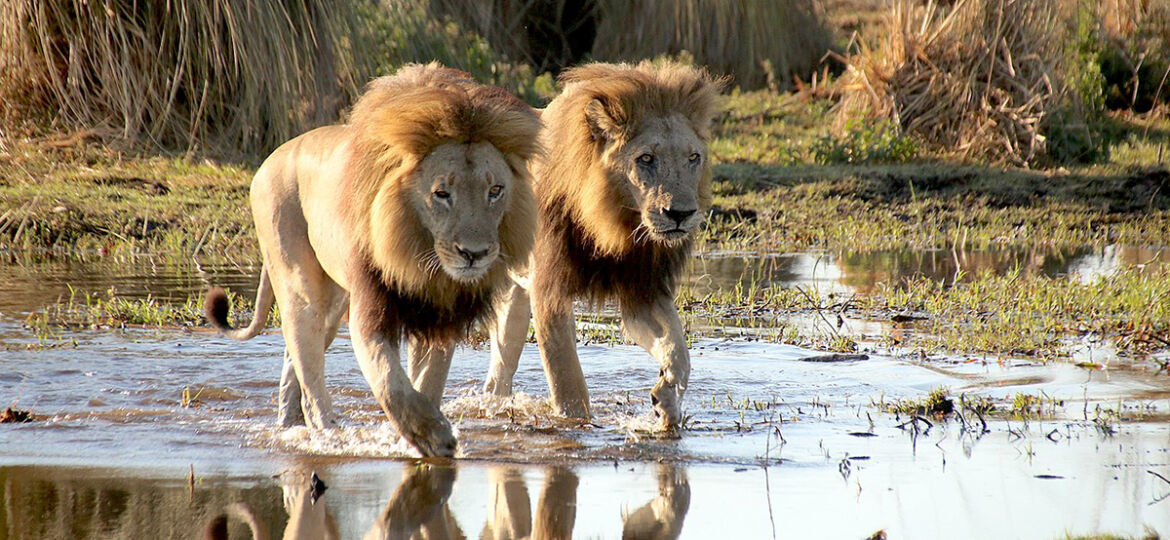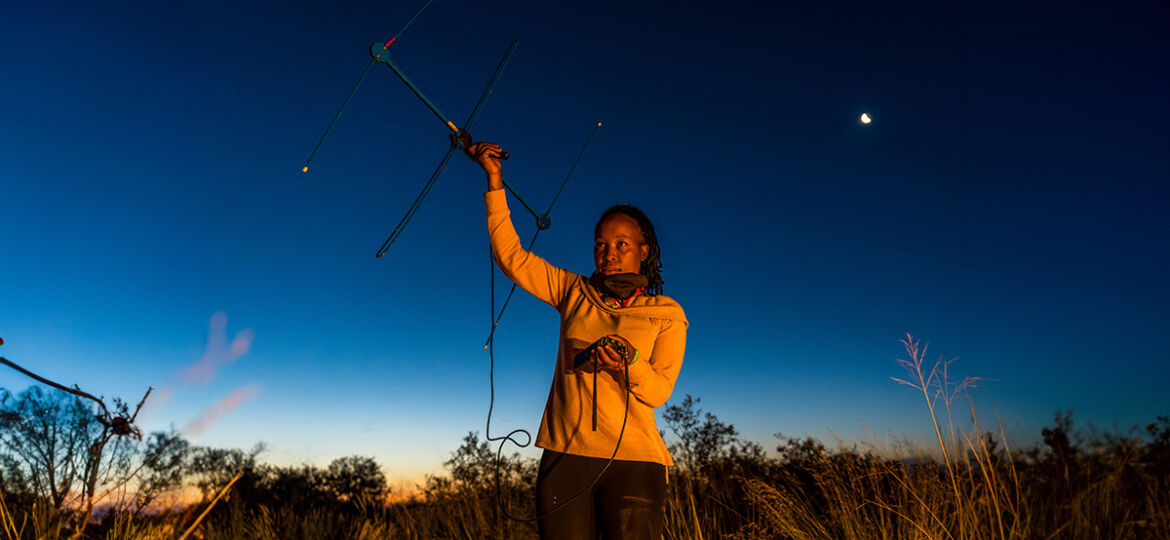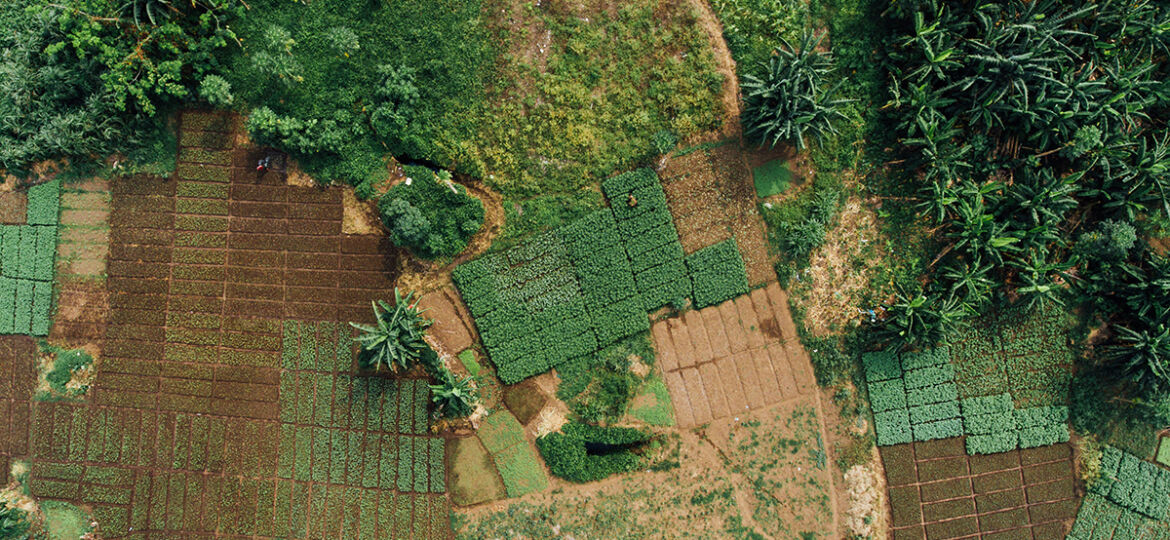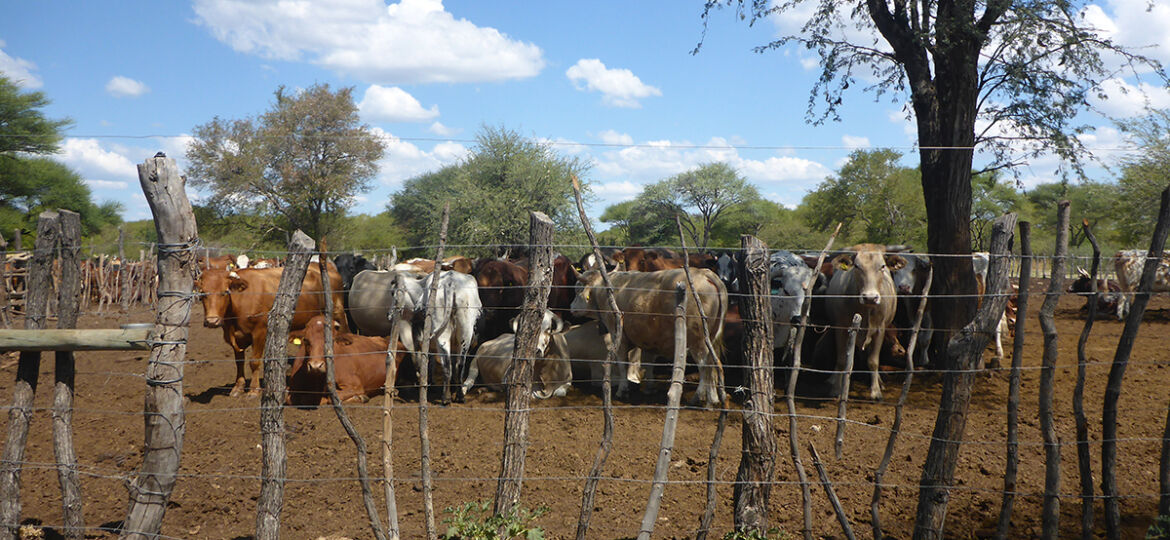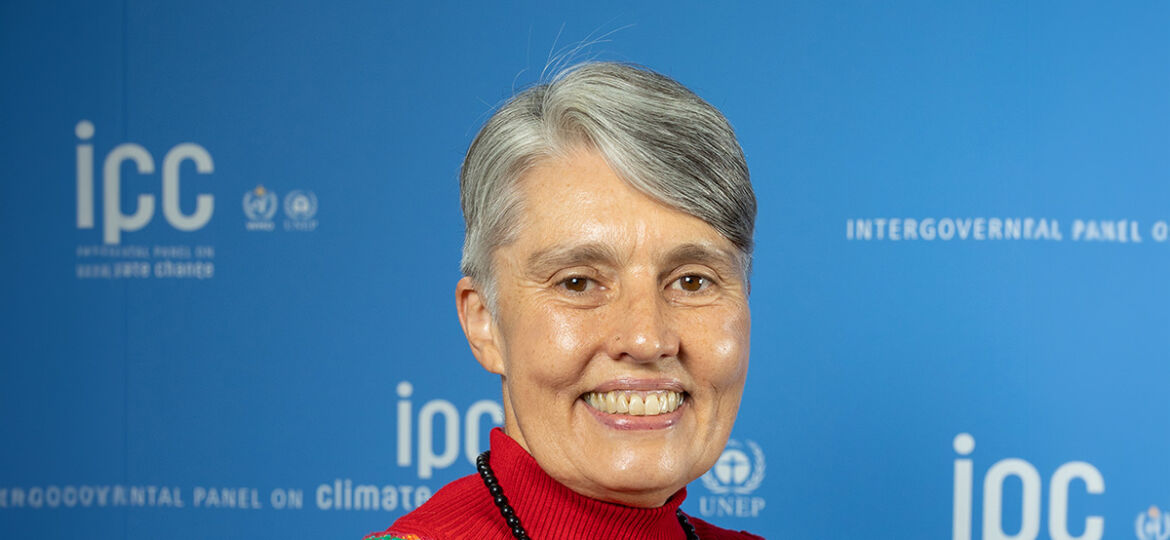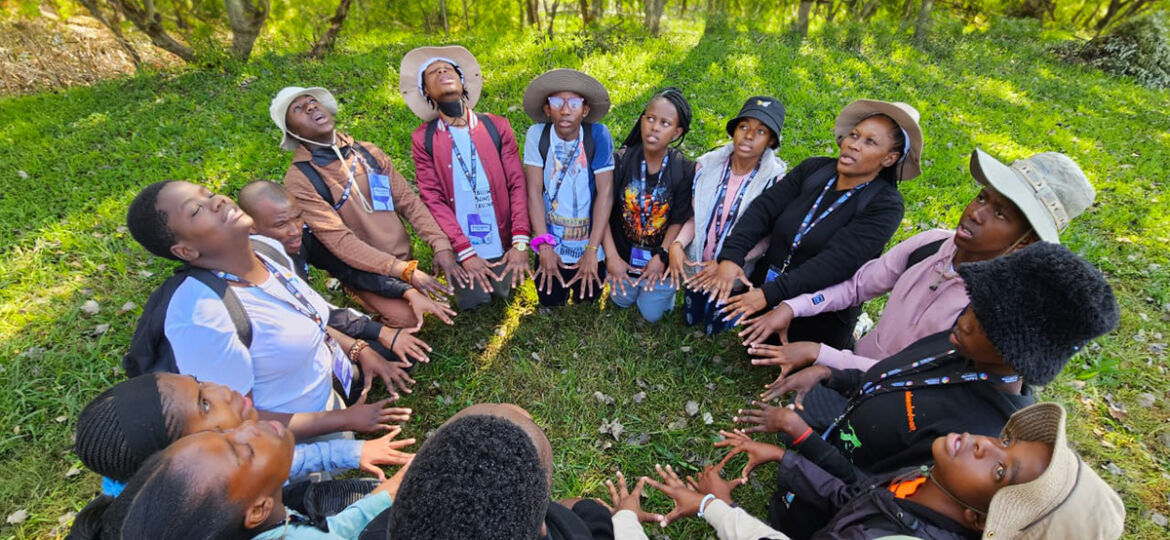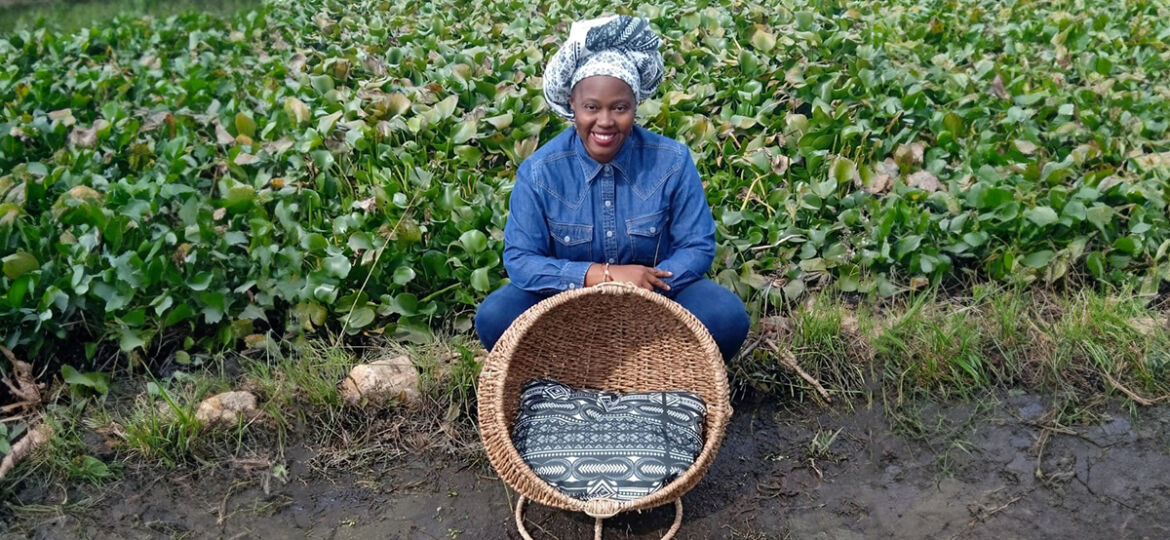The Oppenheimer Research Conference creates a platform for researchers and practitioners in conservation sustainability to share their knowledge to increase its impact. Here are a few snap shots of presentations.
people-nature relationships
Gus Mills took the path less travelled to a career in the bush, studying wildlife. He talks to Alexandra Howard about his life, his work and the alternatives to managing cheetahs in small, fenced areas.
Lion guru Craig Packer reveals how big cats develop a taste for human flesh and why we shouldn’t swallow big hunters’ wild tales.
The annual Oppenheimer Research Conference (ORC) has become recognised as a space for showcasing and discussing natural and environmental sciences, conservation, and sustainable development in Africa.
Yves Vanderhaeghen interviews JWO grant winner Dr Hayley Clements about the mammoth task of producing a Biodiversity Intactness Index for Africa
Yves Vanderhaeghen interviews semiochemist Dr Peter Apps, who wants to use animal smells to keep them safe.
Worried about population growth and the pressures of feeding a hungry planet? Don’t have a cow, cultivate one rather. Meanwhile, venison might help us buck the trend.
The world’s foremost body for climate assessments has never been headed by a woman or anyone from Africa. South Africa’s Professor Debra Roberts aims to rectify both by throwing her hat into the ring to be elected chair of the Intergovernmental Panel on Climate Change (IPCC).
As the next generation aspires to build a brighter future, Columba Leadership South Africa is determined to play its role
Tumi Mphahlele has, found a way to turn one of the “100 of the World’s Worst Invasive Alien Species” (water hyacinth) from a destructive pest into one with an ecological and economic purpose.



